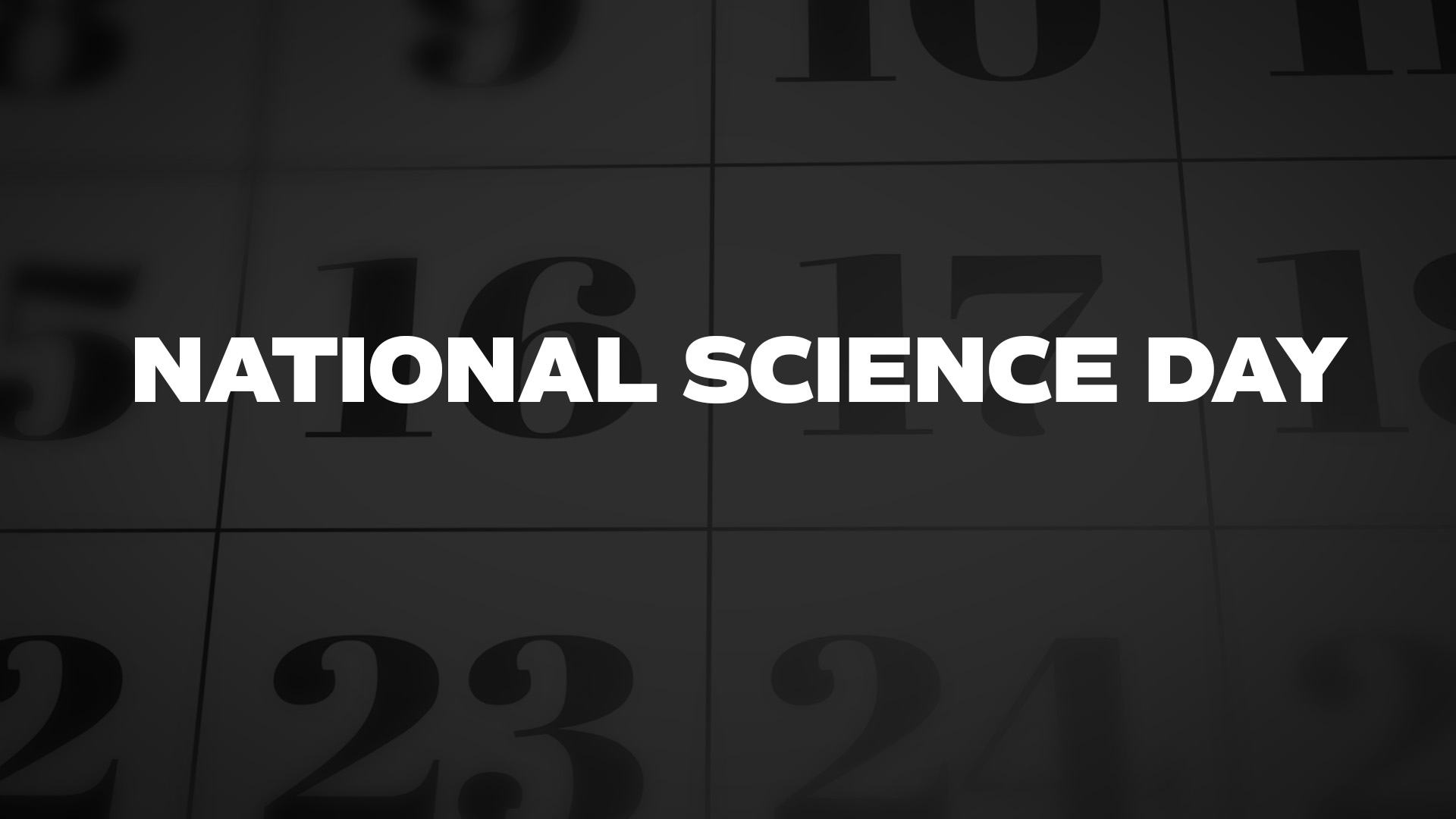
National Science Day, celebrated annually on February 28, honors the discovery of the Raman Effect by Sir C.V. Raman in 1928, which later earned him the Nobel Prize in Physics in 1930. This day serves as a tribute to scientific progress and aims to inspire curiosity, research, and innovation across various fields of science.
National Science Day is recognized in India and beyond, highlighting the significance of scientific contributions and technological advancements that shape our world today.
The Importance of National Science Day
National Science Day plays a vital role in:
- Promoting scientific awareness and literacy.
- Encouraging young minds to pursue careers in STEM (Science, Technology, Engineering, and Mathematics).
- Recognizing and honoring scientists for their contributions.
- Fostering innovation and research to address global challenges.
How to Celebrate National Science Day
There are many ways to engage in National Science Day activities, whether you’re a student, educator, or science enthusiast:
1. Attend Science Exhibitions and Fairs
Many universities, research institutions, and science museums host special exhibitions, lectures, and interactive demonstrations showcasing cutting-edge discoveries.
2. Promote Science Education
- Encourage STEM learning through workshops, quizzes, and science experiments.
- Schools and colleges can organize essay writing, poster-making, and debate competitions on scientific topics.
3. Engage in Scientific Experiments
Try hands-on science experiments at home or in the classroom to better understand scientific principles.
4. Recognize the Contributions of Scientists
Learn about Nobel Prize-winning discoveries and the scientists who have made remarkable contributions to different fields.
5. Advocate for Research and Innovation
- Support organizations that fund scientific research.
- Engage in discussions about sustainable technologies, space exploration, and medical advancements.
6. Participate in Online Science Events
Many institutions and tech companies organize virtual webinars, TED Talks, and panel discussions featuring leading scientists and researchers.
Fun Facts About Science and Innovation
- The speed of light is approximately 299,792,458 meters per second.
- Water can boil and freeze simultaneously under special conditions called the triple point.
- India’s Mars Orbiter Mission (Mangalyaan) was one of the most cost-effective Mars missions ever, completed on a low budget of $74 million.
- Albert Einstein’s brain was removed and studied after his death to understand the secrets of his intelligence.
- The world’s smallest robot is just 0.5 millimeters wide and can crawl like a caterpillar!
The Future of Science and Technology
The world of science is evolving rapidly, with advancements in fields like:
Space Exploration – Expanding our knowledge of the universe with missions to Mars and beyond.
Artificial Intelligence and Robotics – Transforming industries with automation.
Renewable Energy and Sustainability – Developing solutions for climate change.
Medical Biotechnology – Revolutionizing healthcare and genetics.
#HASHTAGS
#NationalScienceDay
National Science Day is celebrated annually on February 28th.
| Year | Date | Day |
|---|---|---|
| 2023 | February 28 | Tuesday |
| 2024 | February 28 | Wednesday |
| 2025 | February 28 | Friday |
| 2026 | February 28 | Saturday |
| 2027 | February 28 | Sunday |
| 2028 | February 28 | Monday |
| 2029 | February 28 | Wednesday |
| 2030 | February 28 | Thursday |
| 2031 | February 28 | Friday |
| 2032 | February 28 | Saturday |
| 2033 | February 28 | Monday |
| 2034 | February 28 | Tuesday |
| 2035 | February 28 | Wednesday |